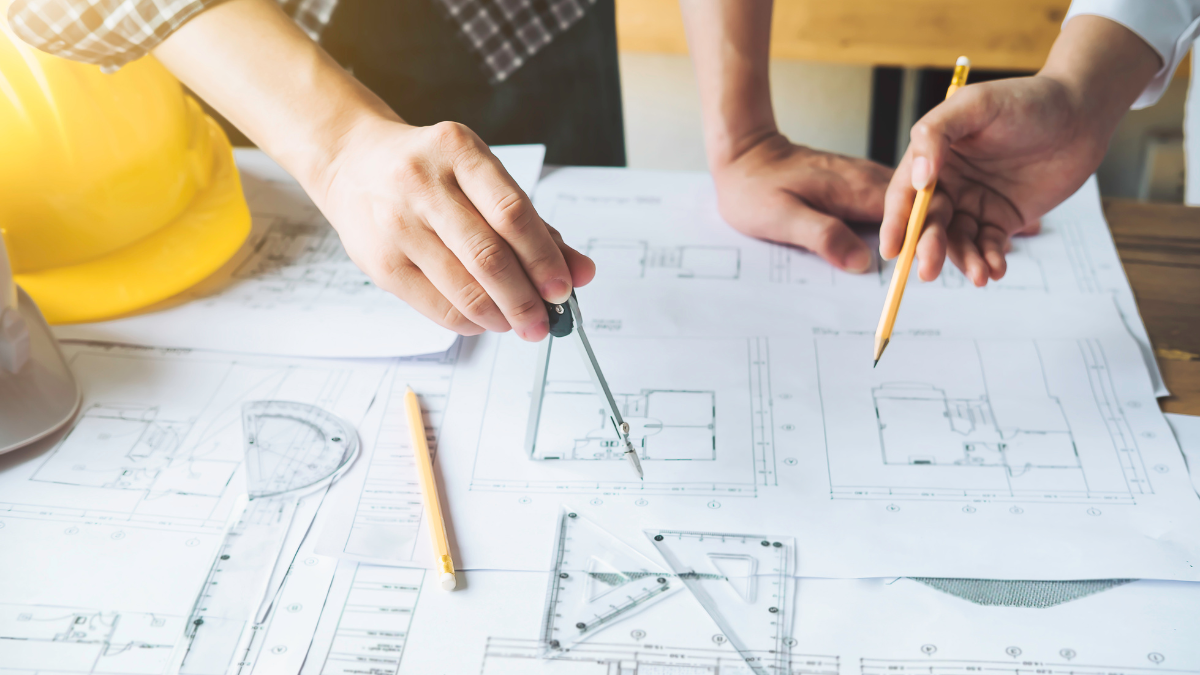
Applicability of GST on Plots and Plotted Development
May 10, 2021 . Fundamentals Of Home Buying . 10 min readAre you planning to buy a plot and wondering about the Goods and Services Tax (GST) ruling by Authorities for Advance Ruling (AAR) on land purchase would impact the sale? This blog will give you a clear idea about the applicability of GST on plots or plotted development. First of all, a buyer must understand the difference between plots and plotted developments. On the basis of this, the sale deed will be prepared either with exemption of GST or levying the applicable GST charges.
What are plots and plotted development?
In general, a piece of land is referred to as a plot and the transaction/deal of land is done under two categories including ‘Plot’ and ‘Plotted Development’. When an individual sells a piece of land that just involves the transfer of title to the buyer is referred to as a plot. But when an individual or a developer offers various basic amenities along with the land is called plotted development. The amenities of a plotted development may include the construction of roads, sewerage line, underground water, and cable pipes, landscaped gardens, drainage systems, overhead tanks, water harvesting system, demarcation of each allotted piece of land, boundary walls, and leveling of land along with other infrastructure.
The plotted development can be either done by government authorities or an individual landowner or the developer or under a joint development model (JDA) by a developer and the landowner. Whoever carries out the development viz. developer or landowner or the authority will have to pay the GST charges on the sale of developed land. The plotted development is carried out under the approved plan by the development authority, after acquiring all necessary permissions for a specific land site. The developer charges GST on super built-up basis and not the actual measure of the developed plot.
The sale of plots is made to end buyers who may build their houses on the allotted piece of land. Sometimes the sale is done after developing the entire infrastructure or by showing the development plan while such an infrastructure development project is in progress.
When is GST applicable?
According to the ruling by AAR, the sale involves exclusively transfer of title for ownership of the plot only. Selling a piece of land does not attract GST charges but when it is being sold with basic amenities such as necessary pipelines, roads, cables etc. that come under ‘supply of services’, hence liable for GST charges. The sale of an allotted piece of land without any developed amenities is termed as immoveable property and is kept out of the GST net.
- According to clause 5(b) of the Schedule-II of the CGST Act, 2017, construction of a building, complex, civil infrastructure or a part thereof, comprising of a building or complex intended for sale to a buyer is a Supply of service and, hence, is liable to the Goods and Services Tax (GST).
- While under the Schedule III of the CGST Act, 2017 the sale of immovable property or land that doesn’t come under the supply of services or goods, hence only stamp duty is payable on plot purchases.
The GST applicable on sales of developed land with basic amenities is charged at 18%, while if there is no construction, then 0% or no GST is applicable. In case, a developer charges development charges separately then GST is payable @18% on these development charges also.
Becoming the owner of a plot or plotted development requires a down payment. HomeCapital provides down payment assistance for lands. This assistance is highly beneficial for young buyers who usually do not have enough savings to pay the entire down payment upfront. The amount borrowed from us can be repaid in 12 easy EMIs.
Buyers need to understand that when the developer of a plotted development offers the allocated piece of land to a buyer, this includes the charges of basic amenities in the sales price. Thus the cost of a developed plot is higher than the cost of sale of land, but with basic amenities, in place, the buyers may not need to make efforts separately for sewerage lines, roads, water pipes, electricity cables, etc. While in the case of a plot title transfer deal the buyer needs to pay for getting such basic infrastructure or will have to wait until authority starts developing the same. Also, the plotted development with all approvals in place from the development authority enables a buyer for a home loan for construction, which is a plus point.



